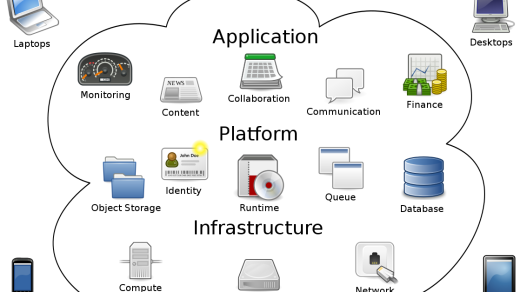Curious about what email archiving really means? Let’s break it down for you.
Understanding Email Archiving

Email archiving is the process of storing and managing emails for both regulatory compliance and business continuity purposes. It involves preserving emails in a searchable format for extended periods. This ensures that organizations can access and retrieve important emails whenever needed.
Email archiving is crucial for **compliance** with regulations like the Health Insurance Portability and Accountability Act (HIPAA) and the Gramm–Leach–Bliley Act. It also helps in **disaster recovery** by safeguarding against data loss.
By archiving emails, organizations can efficiently manage their data retention policies and ensure that important information is not lost. It also aids in **electronic discovery** by making it easier to search for specific emails in case of legal investigations.
Implementing email archiving solutions can be done through on-premises software or cloud services like Mimecast. These solutions offer features such as **spam filtering**, **data encryption**, and **data classification** to enhance email security.
Importance of Archiving Emails
Archiving emails is crucial for various reasons. One of the key reasons is to ensure compliance with regulatory requirements. Storing emails securely can help with electronic discovery and compliance with laws such as the Health Insurance Portability and Accountability Act. It also plays a vital role in business continuity planning and disaster recovery.
Additionally, archiving emails can aid in knowledge management and information retrieval. It allows for easy access to important information when needed. By archiving emails, organizations can also protect themselves against data loss and ensure data retention for as long as necessary.
Moreover, archiving emails is essential for maintaining records of communication for governance and legal purposes. It helps in managing risks associated with data security and ownership.
Regulatory Compliance and Email Archiving
Regulatory compliance is a critical aspect of email archiving, ensuring that organizations meet legal requirements for retaining and managing email communications. By implementing email archiving solutions, businesses can securely store and manage email data to comply with various regulations and industry standards.
Email archiving involves capturing, preserving, and making emails searchable for future reference. It helps organizations ensure data integrity, prevent data loss, and facilitate e-discovery processes in case of legal disputes. This is crucial for **business continuity planning** and **compliance** with regulations like the **Gramm–Leach–Bliley Act** and **Dodd–Frank Wall Street Reform and Consumer Protection Act**.
With the rise of digital communication, email archiving has become essential for managing the increasing volume of emails and ensuring **governance** and **data retention** policies are met. Organizations can choose between on-premises software or cloud-based solutions for email archiving, depending on their specific needs and resources. Email archiving tools like **Mimecast** offer features for efficient **information retrieval** and **data management**.
Email Archiving for Legal Discovery
| Email Archiving | Definition | Importance |
|---|---|---|
| Email Archiving | It is the process of preserving and storing emails in a secure and searchable format for compliance and legal purposes. | It is crucial for organizations to comply with regulatory requirements, prevent data loss, and quickly retrieve emails for legal discovery. |
Email Archiving for Storage Management
Email archiving is a crucial component of storage management, allowing organizations to efficiently store and retrieve emails for compliance and legal purposes. It involves the systematic storage of emails in a secure and easily accessible manner, ensuring that important information is not lost or misplaced.
By archiving emails, organizations can effectively manage their email storage, reduce the risk of data loss, and ensure compliance with regulations such as the Federal Rules of Civil Procedure. Email archiving also helps in streamlining the e-discovery process, making it easier to search for and retrieve specific emails when needed.
With the increasing volume of emails being generated and exchanged in organizations, email archiving has become a key aspect of information lifecycle management. It enables organizations to store emails for longer periods of time, without clogging up their email servers or compromising performance.



